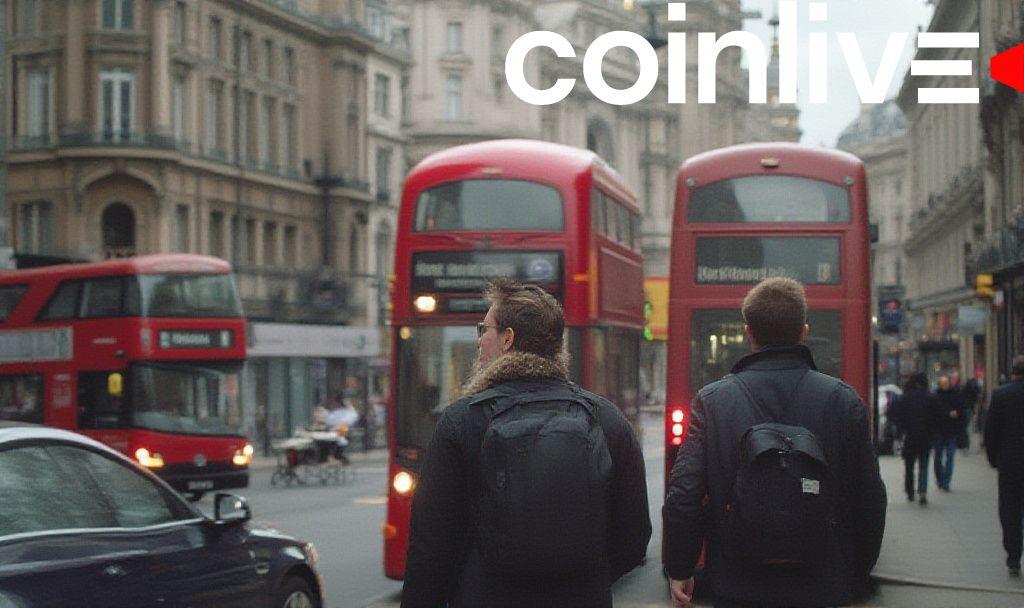- American tourist robbed of $123K in London.
- Incident highlights crypto security concerns.
- Investigation by Metropolitan Police and FBI.
An American tourist, Jacob Irwin-Cline, was drugged and robbed of $123,000 in cryptocurrency during a layover in London on May 9, 2025. This incident underscores persistent risks in the crypto space, where mobile wallets remain vulnerable despite secure transactions.
When leaving The Roxy nightclub in London, Irwin-Cline was approached by a fake Uber driver who reportedly drugged him with scopolamine. This led to a significant crypto theft of $123,000 in XRP and Bitcoin.
Irwin-Cline’s cryptocurrency was drained following the physical attack, with XRP holdings dropping from $73,000 to under $1,000 and Bitcoin falling sharply to nearly worthless sums. Law enforcement agencies, including the Metropolitan Police and the FBI, are investigating the incident involving advanced tactics against crypto holders. A spokesperson from Uber said, “The incident is totally unacceptable and we are fully investigating the situation.”
Physical Security Concerns in Crypto
Cryptocurrency holders should be aware of potential risks posed by physical threats and the ease of access attackers can have to mobile wallets under coercive conditions. Blockchain technology remains secure, yet physical security remains a challenge, especially in urban environments. No immediate broader market effects are visible from this theft, but it raises awareness about the need for enhanced protective measures in cryptocurrency management systems.
Irwin-Cline managed to trace some stolen funds to exchanges MEXC and BTSE, but with little hope of recovery, stressing the urgency for improved crypto security practices and strategic frameworks that adapt to evolving threats in the industry. Jacob Irwin-Cline remarked, “I was able to trace some of the stolen funds to cryptocurrency exchanges MEXC and BTSE, though I see less than 1% chance of recovering the funds.”
